Safe Travels: Personal security tips every smart traveler should use
When we first starting traveling, there was admittedly some fear. How can we know who to trust in a foreign place? What if we get robbed? Is it safe to visit a country with high crime rates? But the more travel experiences we had – and thanks to our safety and security training for Peace Corps in Jamaica – we learned important skills to take care of ourselves in any situation.
If you’re worried about your personal safety as a traveler, you want to know how to avoid pickpockets and other scams, this post will teach you important personal security tips to protect yourself and your stuff.
Updated: July 2021. Originally published: August 2018.
Disclosure: This post contains affiliate links. If you make a purchase through one of our links, we may receive a small commission at no additional cost to you.
How can you assess the safety of places you want to travel?
What exactly does travel safety mean? News coverage and Travel Advisories issued by the State Department only tell part of the story. It’s important to realize that safety concerns can vary widely by region, yet reports often treat an entire country as homogenous.
Whether it’s crime or a Covid outbreak, what’s happening in one city can be very different even in a neighboring town, much less across the country. Things can also change over time. Places that were once hotspots may now be perfectly safe.
While it’s important to know about official alerts, it’s just as important to understand what your experience might be like in the specific community you’ll be visiting. For this you’ll want information that’s a) from people “on-the-ground” and b) very recent.
Social media and online travel forums can be a great place to find current perspectives on safety and security realities. Check Facebook groups for travelers or expats in the city, and search for past discussions about crime or areas that might be unsafe.
Safety and Security Travel Tips
No matter where you travel, there are a few common sense guidelines that can greatly limit your safety and security risks as a tourist. This is because the majority of crimes experienced by tourists are “crimes of opportunity.”
The basic framework is simple:
1. Limit the valuables you bring on your trips
2. Store and transport your valuables smartly
3. Conceal your valuables when you’re out and about
4. Be in the right places at the right times
We’ll explain each of these personal security awareness tips in more depth. And we’ll share real world examples from our fellow travel bloggers so you can avoid the mistakes some of us have made.
1. Limit the valuables you bring on your trips
Your security begins with what you pack. Anything you take with you through the airport and into new places can potentially get lost or stolen. Choose wisely!
Think twice before bringing expensive electronics, cameras, or jewelry. If you don’t have them in the first place, you’ll be less likely to become a target.
If you decide you do want to take expensive items, consider ways in which you can make them appear less valuable.
TIP 1: Put black tape over the logos of high end camera equipment.
When we went to live in Jamaica for Peace Corps, we left our gold wedding rings at home and replaced them with cheap bands that we weren’t afraid to lose.
TIP 2: Consider wearing “replacement jewelry” that’s less expensive.
TIP 3: Consider using a more discrete smartphone instead of packing a big camera.
“The high-quality cameras that come in our smartphones have made the big DSLR camera’s obsolete in 90% of the cases. Yes, DSLR camera’s still have certain advantages, most notably far better zoom-options, but they also work like a magnet for pickpockets.
During our group excursion in Valparaiso, friendly and attentive locals were constantly advising other people in our group to put away their cameras or at least be very careful. You should wonder if you really want to draw all the attention to yourself if you can take almost equally good shots with your smartphone.“
– Sylvia, Wapiti Travel
2. Store and transport valuables smartly
Many thefts happen when you’re moving from one place to another. This is because your possessions may not always stay within eyesight. Even when your luggage is with you, you may become distracted, giving someone a chance to sneak away with your stuff.
Here are some good rules of thumb:
– TIP 4: Keep your most important valuables on your person. Always carry them on the plane rather than checking them in.
– TIP 5: Bring copies of important documents like your passport and keep them in separate bags, in case one goes missing.
– TIP 6: Don’t leave valuables out and visible in your accommodations. They should be out of sight from cleaning staff or passers-by. When possible, use a safe or locking device.
Our fellow bloggers share some great travel security products and more awareness tips for travel situations:
“I don’t like carrying valuables on my person when traveling, but I used to worry about theft leaving them in an Airbnb or hotel room. The solution was a portable travel safe that I lock to something immovable in the room like a fixture or heavy furniture. The safe is big enough to hold my laptop and DSLR, and it’s a huge relief to be able to leave my valuables knowing they are secure.”
– Ingrid Truemper, Second-Half Travels
TIP 7: Pack a portable travel safe.
>> Check out these anti-theft bags by PacSafe to protect your valuables
TIP 8: When in transit, keep money and valuables on your person if your luggage will be out of sight.
“Travelling on a night bus is rarely a good idea and leaving valuables in the luggage that goes on top of a night bus never is.
When travelling between Banaue and Manila in the Philippines I made the mistake of leaving medication and some US dollars in my backpack which was stored on top of our night bus. On arriving in Manilla I discovered that all of it had been stolen.
You often can’t help luggage needing to be stored on top of a bus when space inside is limited but make sure than nothing of any value is left in there if you can help it.”
– Cat, Walk My World
“On a recent trip to Montreal, I received a phone call on the ride home that there was suspicious activity on my credit card. I’d just filled up at a gas station in Quebec, and 10 minutes later my card was being used at an Esso in Toronto!
To my dismay, my credit card company told me that it’s shockingly common in big cities (yes, even in my own “safe” home country) for scammers to walk around crowded places and use discrete “magic wands” to swipe information from RFID-enabled cards & important identity documents like passports.
Easy solution: Invest in RFID-blocking travel gear like wallets, passport holders or even anti-theft backpacks. It could save you a whole lot of hassle, money, and even protect your identity!”
– Ryan, Treksplorer
TIP 9: Protect your credit cards and passport with RFID-blocking tech.
>> Check out these RFID-blocking products to protect your funds and identity
“Rome is a beautiful city but the train station (Rome Termini) is notorious for theft. While standing with your bags, someone will shout and point to some money on the floor to ask if its yours. When you look back, at least one of your bags is gone. This happened to us and it took mere seconds.
Without a doubt, keep your bags on your person at all times. Keep small backpacks on your front and if you need to put a bag down, put your foot/leg through the straps so if someone tried to grab it, its not going anywhere.”
TIP 10: Be hyper aware at highly touristed attractions and transit centers where theft is common.
3. Conceal valuables when out and about (Don’t “dar papaya”)
TIP 11: Don’t give thieves an opportunity.
“One of the riskiest things that you can do is to put your valuables on a table, especially if you’re sitting outside. Many people don’t want to think about it, however a friend of mine had a new iPhone stolen off the table in Paris by a group of people who came up to ask her a question. Her phone was on the table the whole time—and the distraction allowed someone in the group to pick it right off the table after placing a paper on top of it.
Similarly, be mindful about hanging purses off the back of your chair or leaving them on the ground. If you choose to put your purse in either place, try to wrap the strap around your leg, so you’re more sensitive to someone fiddling with it. Another friend had a wallet stolen out of her purse while it was sitting on the ground near her leg. It was so subtle that she didn’t even notice that it was stolen until she was looking to pay for her meal. (In general, I recommend having a purse that securely zips to ensure that you know when someone is rifling through your bag!)”
– Karen Turner WanderLustingK
The examples Karen provides above are spot on. As we learned in our Peace Corps safety and security training, most travel-related crimes and crimes of opportunity. This means how you handle your stuff can greatly reduce the likelihood that you’ll become a target.
Think of it this way: thieves and robbers are looking for the easiest, least risky score with the highest payout.
If they have a choice between robbing someone who clearly has an expensive camera and robbing someone who may or may not have valuables on them, which do you think they’ll target?
If they have a choice between two people with expensive cameras, but one person left the camera sitting out on a table and the other person has their camera securely strapped around their wrist, which do you think they’ll target?
In Colombia, they have a common phrase called “dar papaya” or “give papaya.” This is akin to handing someone something on a silver platter. If you want to keep your papayas, hold on to them carefully and don’t hold them out, inviting others to take them.
Look for clever ways to hide money in clothing while traveling. We wrote a whole post on our favorite alternatives to travel wallets, which includes hidden pockets inside the waist of your pants and a comfortable runner’s belt that can hold your cards, phone, and more.
We’ve also learned the importance of keeping money in more than one location. Keep a bill folded up in a shoe, sock, or hat. That way, if you do get robbed or pickpocketed, you still have funds on you.
TIP 12: Hide your money in different places on your person.
You can’t prevent every crime, but you can take steps to do what’s in your power to minimize your own risk.
4. Be in the right place at the right times
As a rule of thumb, be extra vigilant in crowded places and secluded places. Why? Thieves target crowded areas because there are so many distractions. They can get in and get out without being noticed. They also target secluded spots because it’s not likely anyone else will be around to catch them.
In addition, being aware of your surroundings and trusting your gut goes a long way. In some cities, walking alone at night is not a big deal. Unfortunately, being out after dark greatly increases your risk in most places. For the two years that we lived in Jamaica, we rarely went out at night without a local friend for this very reason.
But even in broad daylight, there are certain areas you can avoid. If you’re not sure where the dangerous parts of town might be, ask a local!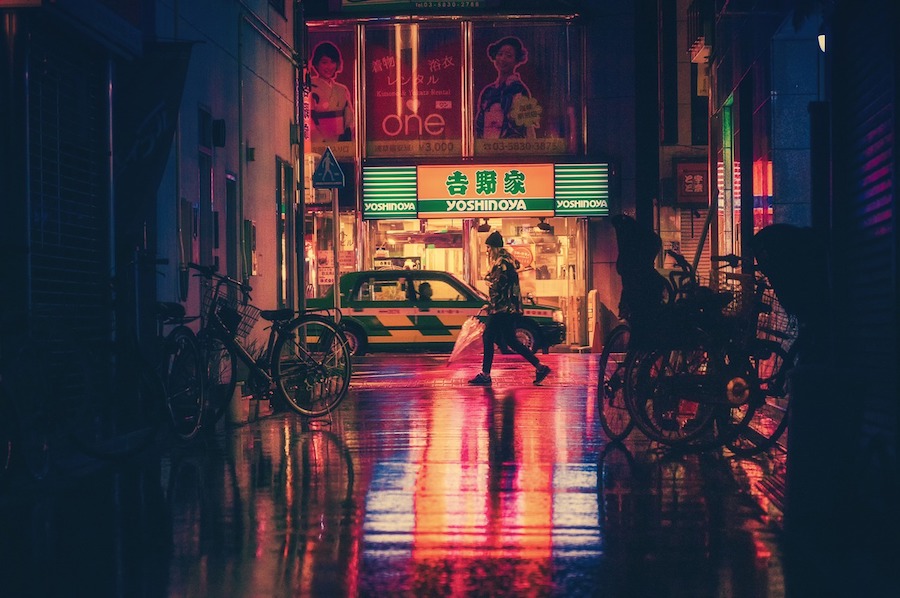
TIP 13: Ask for local advice about safety and security.
“One of the biggest mistakes travelers make in terms of safety is that of not following locals advice for what is safe or unsafe to do. If one or more locals suggests not to walk around alone at night but rather take a cab or an Uber, even if only for a very short distance, there probably is a good reason for that.
I quickly learned that in Cape Town. The city is notoriously unsafe at night, especially for anybody who is walking around alone in areas like Long Street. The staff of the hostel where I stayed told me that in order to get there and back, I’d be better off ordering a cab. I thought they were exaggerating, and since the restaurant where I wanted to go in Long Street was a mere 500 meters away, I decided to walk anyways. I realized the receptionist was right the minute a woman started following me to demand money, and would not walk away even if I made a good effort to ignore her. I was lucky enough that nothing happened to me, but needless to say, on my way back to the hostel, I decided to get an Uber.”
– Claudia, My Adventures Across the World
One simple tactic that can help improve your safety and comfort in a new place is to stay with a local at first. This way, you can glean from their local knowledge. Ask them about when and where it’s safe to walk alone, how cautious they are about carrying money, and whether they recommend public or private transportation.
5. Other personal security awareness tips
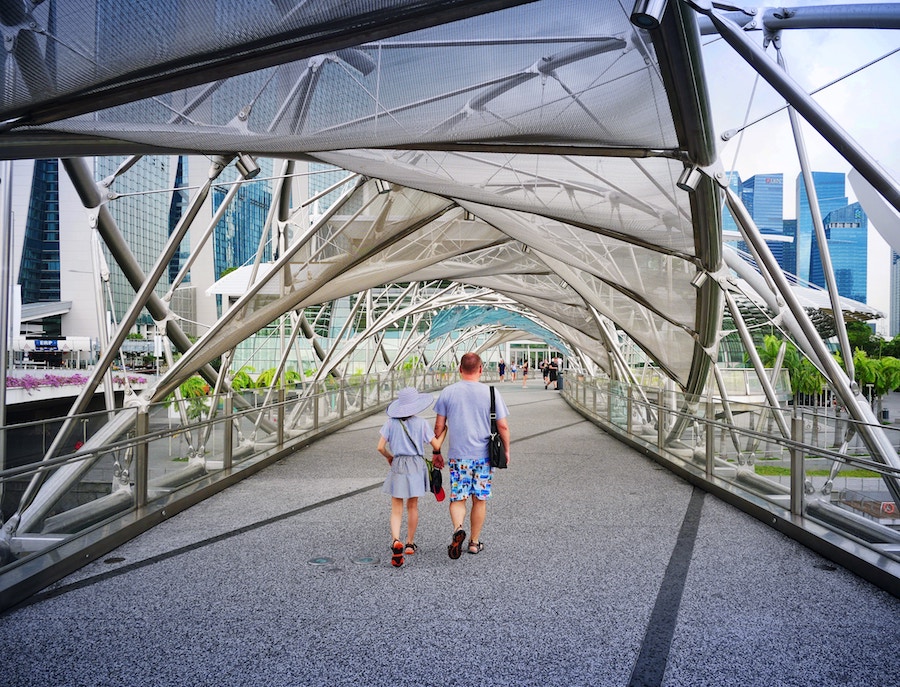 Here are a few more miscellaneous tips from our fellow travelers that are worth noting:
Here are a few more miscellaneous tips from our fellow travelers that are worth noting:
TIP 14: Make a game plan with others in your group – especially with kids – in case you get separated.
“After a heart-stopping experience of temporarily losing one of our kids at Bordeaux Airport, we realized we needed some strategies for what to do if they get lost on our travels! We now always talk to them before heading out and make sure they are aware of the name of the hotel we are staying at.
When heading into a shopping centre, theme park or other crowded places, we agree on a meeting place that we will head to if we are separated. If we are in a particularly large city, we also have some ID bands made up with their name and our mobile telephone number on, and they know to never take them off! Thankfully so far we’ve not had to rely on any of these strategies, but it’s good to know that they are aware of what to do in the case of an emergency.”
Kylie Gibbon, Our Overseas Adventures
TIP 15: Be wary of scammers trying to “help.”
“Our family was directed into an elevator (rather than an escalator) at the Rome train station by a woman not in uniform who we thought was being helpful. Two other ladies who were clearly with her jumped into the elevator at the last minute. One had her hands hidden behind a scarf, and were clearly trying to distract us. We were on high alert during the situation, and no pick pocketing occurred, but we learned to only take advice from people in uniform.“
– Catherine D’Cruz, We Go With Kids
TIP 16: Have your accommodation address in the local language.
“After a several visits to Seoul, South Korea I’ve learned that the cabs are cheap, but the drivers rarely speak English. The result has been a few frustrating and even frightening rides in this otherwise safe city. This scenario has played out in several other countries, so I’ve figured out how to cope.
First, I carry in my purse a card from the hotel with the name and address in the local language. If I’m arriving at the airport I try to have something in my possession with this same information in print. Second, when I’m headed out to meetings or sightseeing, I ask for the hotel staff’s help in guiding my driver to my destination. I know this advice won’t cover 100% of all situations, but it goes a long ways towards traversing a foreign city in cabs.”
Wendy, Empty Nesters Hit the Road
“While living in Barcelona a couple of years ago I left the house in a huge rush and raced down the Avenida Diagonal holding my handbag swinging from my hand. I didn’t notice the motorbike behind me until he had already snatched my bag, breaking its straps, and accelerated off into the distance with my phone and other valuables.
Always know where the embassy in your current town or city is, ideally memorising the street address, because if you can get there, they will help you replace lost documents and contact loved ones for emergency funds.”
Danni, Live in 10 Countries
We hope these personal security tips are helpful to your travels. If you have more smart safety tips we should include, please share them in the comments below!

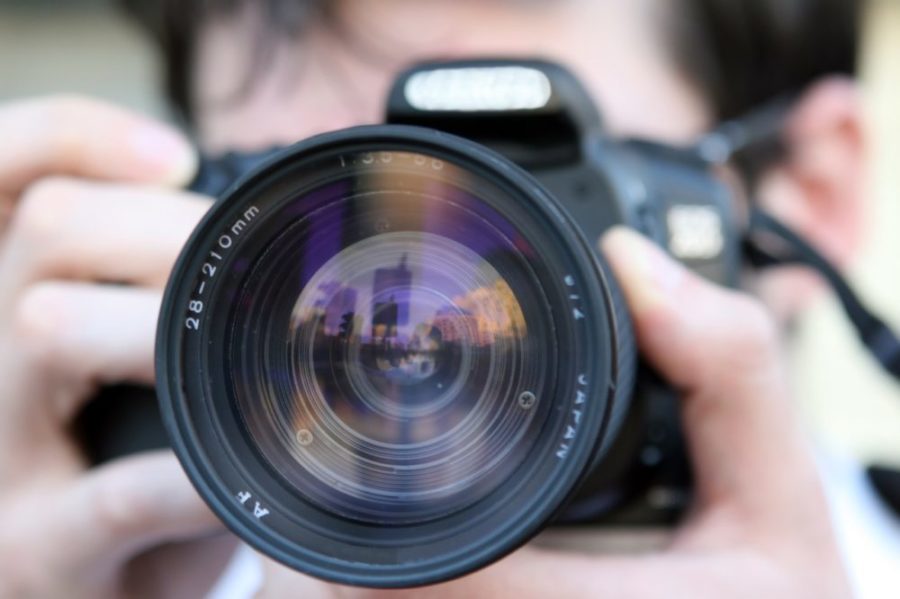
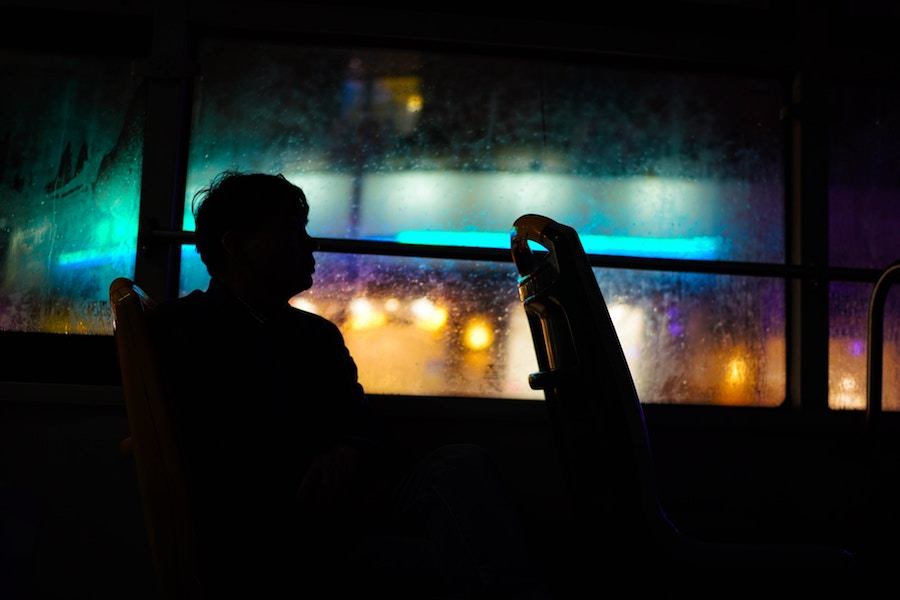
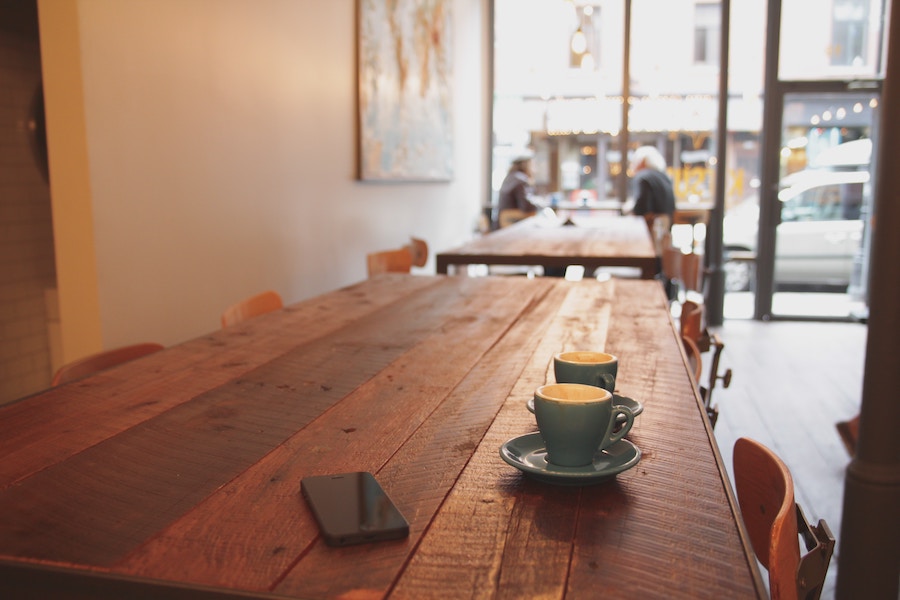
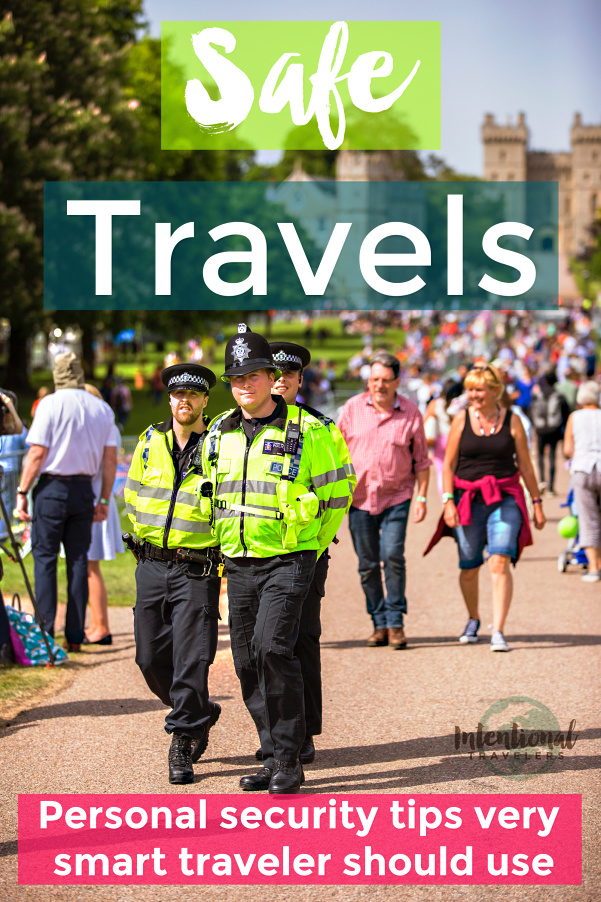
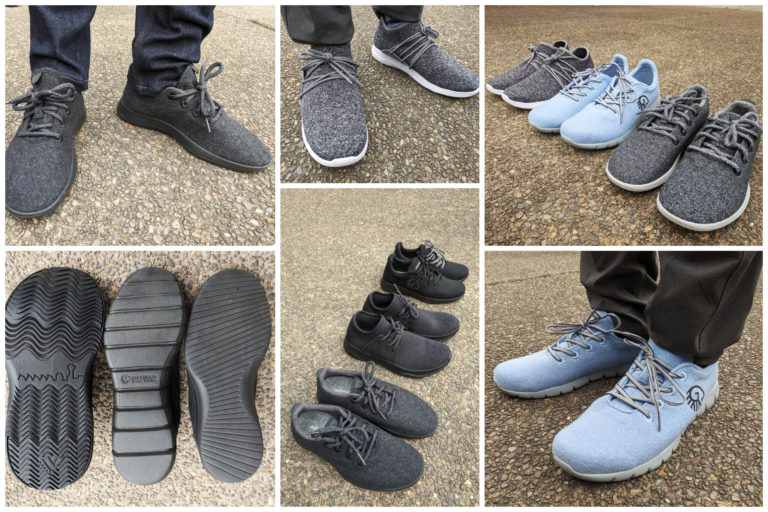
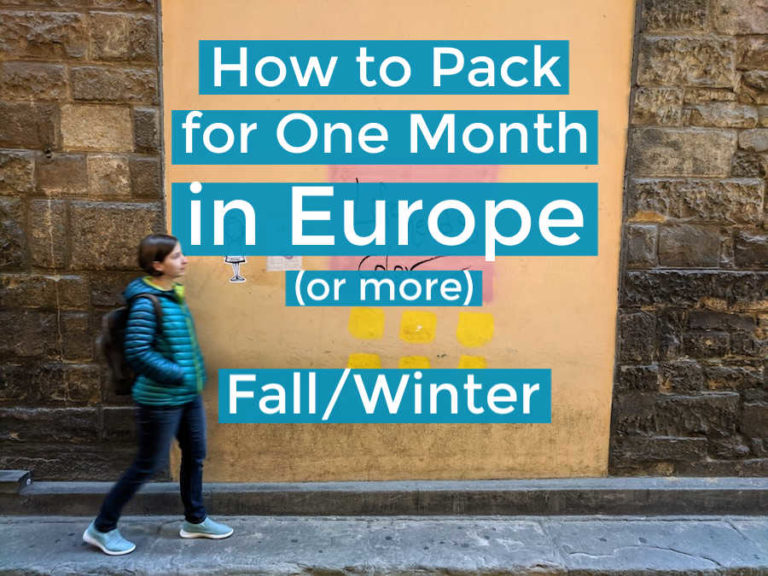

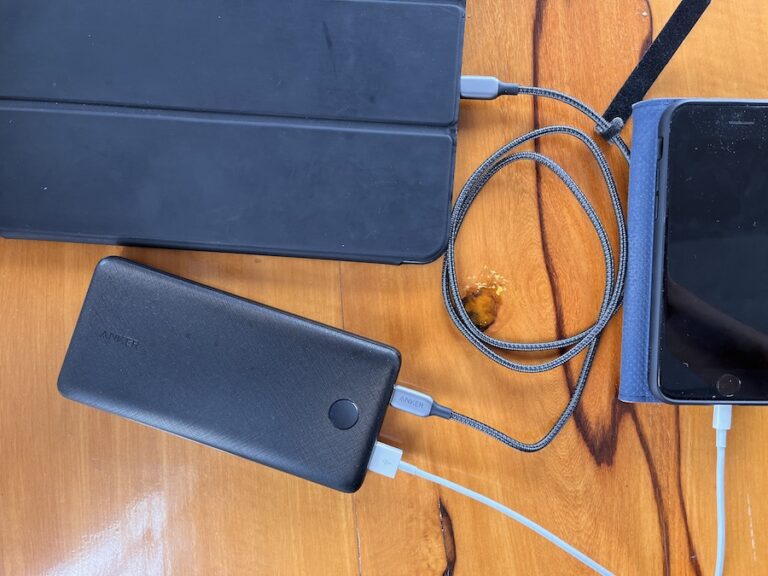

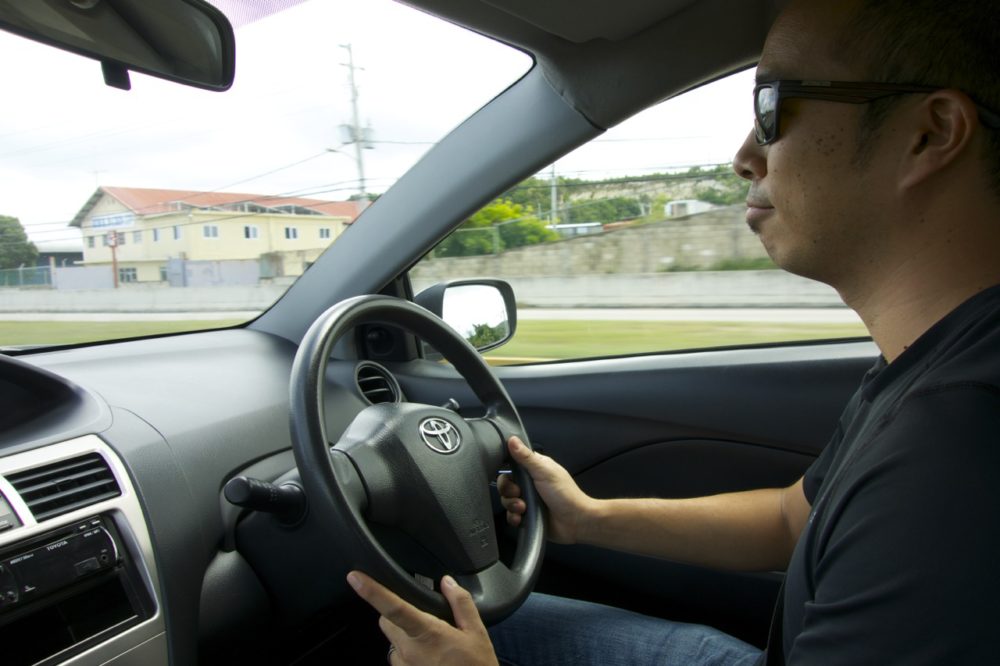
Don’t forget to register your travel with the State Department.
https://travel.state.gov/content/travel/en/international-travel/before-you-go/step.html
Thanks for sharing that tip. Definitely a good way to receive alerts about the country where you’re traveling.
Thanks for including me on this collab, Michelle! Lots of fantastic tips here (kinda makes be realize how lucky I’ve been) 🙂
Some great advice here, including a few things I hadn’t really considered before. Thanks for such a helpful post.